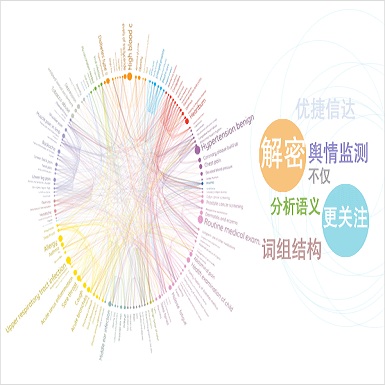
C is an unsafe language. Researchers have been developing tools to port C to safer languages such as Rust, Checked C, or Go. Existing tools, however, resort to preprocessing the source file first, then porting the resulting code, leaving barely recognizable code that loses macro abstractions. To preserve macro usage, porting tools need analyses that understand macro behavior to port to equivalent constructs. But macro semantics differ from typical functions, precluding simple syntactic transformations to port them. We introduce the first comprehensive framework for analyzing the portability of macro usage. We decompose macro behavior into 26 fine-grained properties and implement a program analysis tool, called Maki, that identifies them in real-world code with 94% accuracy. We apply Maki to 21 programs containing a total of 86,199 macro definitions. We found that real-world macros are much more portable than previously known. More than a third (37%) are easy-to-port, and Maki provides hints for porting more complicated macros. We find, on average, 2x more easy-to-port macros and up to 7x more in the best case compared to prior work. Guided by Maki's output, we found and hand-ported macros in four real-world programs. We submitted patches to Linux maintainers that transform eleven macros, nine of which have been accepted.
翻译:暂无翻译



